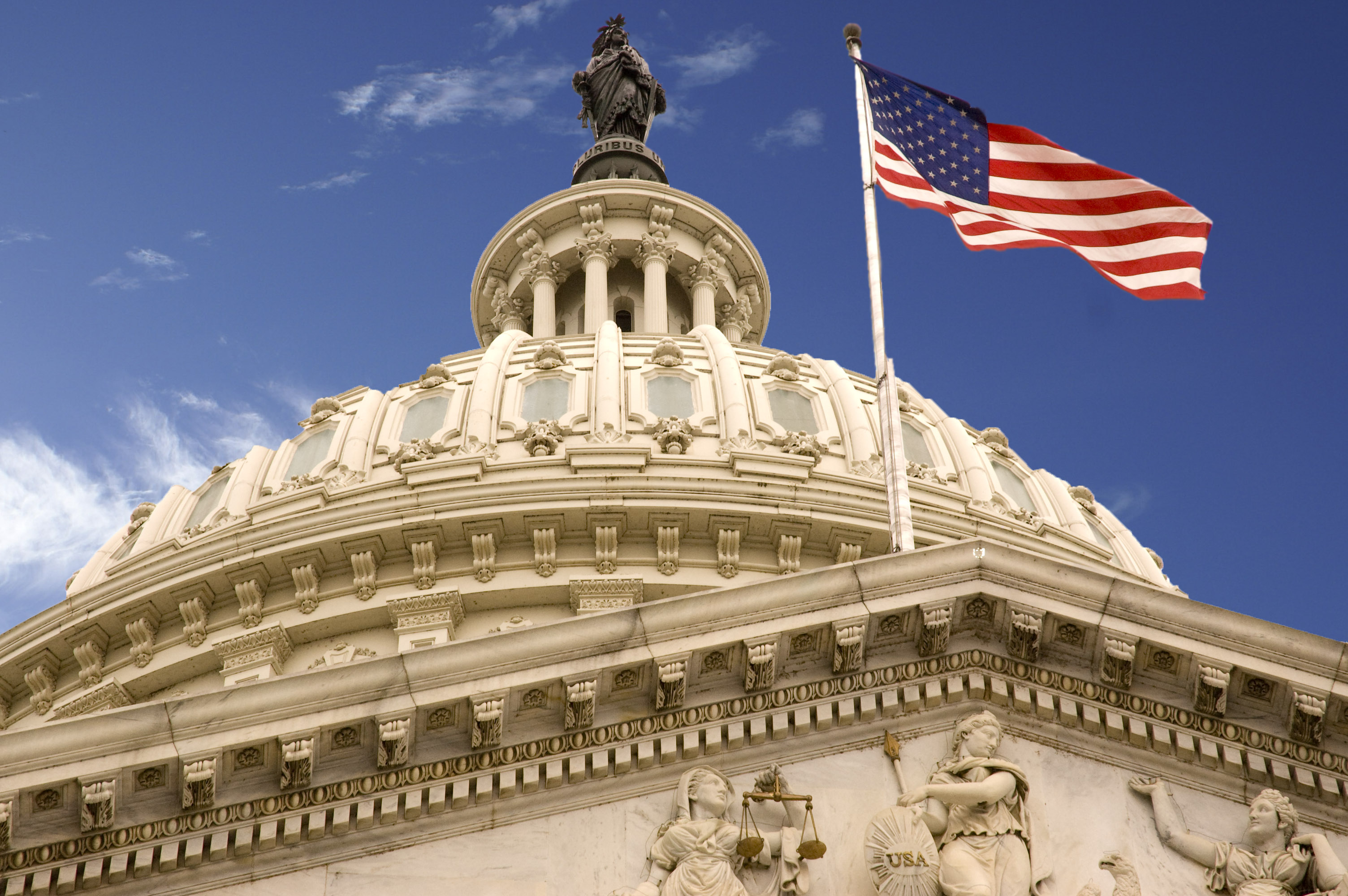Author Archives: Kenneth R. Carter
Author Archives: Kenneth R. Carter
Cloudflare is publishing today its seventh transparency report, covering the second half of 2016. For the first time, we are able to present information on a previously undisclosed National Security Letter (NSL) Cloudflare received in the 2013 reporting period.
Wikipedia provides the most succinct description of an NSL:
An NSL is an administrative subpoena issued by the United States federal government to gather information for national security purposes. NSLs do not require prior approval from a judge.… NSLs typically contain a nondisclosure requirement, frequently called a "gag order", preventing the recipient of an NSL from disclosing that the FBI had requested the information. https://en.wikipedia.org/wiki/National_security_letter
Shortly before the New Year, the FBI sent us the following letter about that NSL.
The letter withdrew the nondisclosure provisions (the “gag order”) contained in NSL-12-358696, which had constrained Cloudflare since the NSL was served in February 2013. At that time, Cloudflare objected to the NSL. The Electronic Frontier Foundation agreed to take our case, and with their assistance, we brought a lawsuit under seal to protect its customers' rights.
Early in the litigation, the FBI rescinded the NSL in July 2013 and withdrew the request for information. So no customer Continue reading
This blog was originally posted by the Electronic Frontier Foundation who is represents CloudFlare in this case.

JUNE 18, 2015 | BY MITCH STOLTZ
This month, CloudFlare and EFF pushed back against major music labels’ latest strategy to force Internet infrastructure companies like CloudFlare to become trademark and copyright enforcers, by challenging a broad court order that the labels obtained in secret. Unfortunately, the court denied CloudFlare’s challenge and ruled that the secretly-obtained order applied to CloudFlare. This decision, and the strategy that led to it, present a serious problem for Internet infrastructure companies of all sorts, and for Internet users, because they lay out a blueprint for quick, easy, potentially long-lasting censorship of expressive websites with little or no court review. The fight’s not over for CloudFlare, though. Yesterday, CloudFlare filed a motion with the federal court in Manhattan, asking Judge Alison J. Nathan to modify the order and put the responsibility of identifying infringing domain names back on the music labels.
We’ve reported recently about major entertainment companies’ quest to make websites disappear from the Internet at their say-so. The Internet blacklist bills SOPA and PIPA were part of that strategy, along with the Department of Homeland Security’s Continue reading

Earlier today, the lower house in the U.S. Congress (the House of Representatives) passed the USA FREEDOM Act. The Act, if passed by the Senate and signed by the President, would seek to sunset the National Security Agency’s bulk collection and mass surveillance programs, which may or may not be authorized by Section 215 of the PATRIOT Act. Under this authority the U.S. government has established its broad surveillance programs to indiscriminately collect information. Other governments have followed this lead to create additional surveillance capabilities—most recently, the French Parliament has moved a bill that would allow broad surveillance powers with little judicial oversight.
Restricting routine bulk collection is important: it’s not the government’s job to collect everything that passes over the Internet. The new version of the USA FREEDOM Act keeps useful authorities but ends bulk collection of private data under the PATRIOT Act. It also increases the transparency of the secret FISA court, which reviews surveillance programs—a key start to understanding and fixing broken policies around surveillance. The Act would also allow companies to be more transparent in their reporting related to FISA orders.
To be clear, we continue to be supportive of law enforcement and work Continue reading